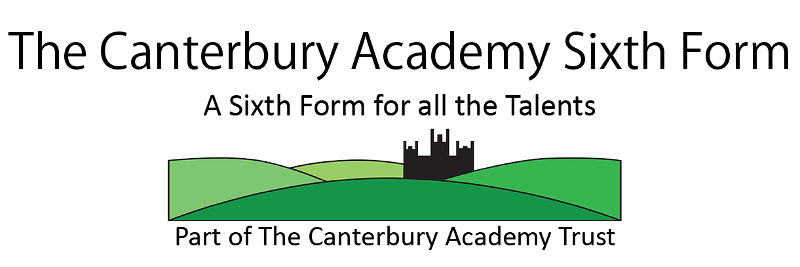
AQA A Level Sociology
What’s it about?
Sociology is the study of people in society. It is concerned with human associations and relationships in the institutions that affect our lives. Such institutions include the family, education, the criminal justice system, the media and religion.
Sociologists study social issues which are often the focus of much public debate, such as gangs and youth subcultures, boys’ underachievement in school, the reasons for and effects of single-parenthood and births outside of marriage, the effects of the media on violent behaviour… and so many more. Sociology uses a variety of theories and applied research methods to help to understand such issues. This can be a demanding task – but an interesting and rewarding one.
Students will study a range of topics which challenge them to understand the way that societies work. This course is ideal for those students who enjoy learning about the world in which they live and how they can contribute to it. It demands students’ ability to challenge their own understanding of human behaviour and the issues we face.
Throughout the course we will study and debate, among other things, questions such as:
- Why do some people commit more crime than others?
- What is the impact of globalisation on our culture?
- What are the implications for a more diverse society?
Entry Requirements:
We would recommend at least a grade 5/6 at GCSE in English and mathematics. It is not necessary to have studied Sociology at GCSE level.
.
Contacts:
Mrs. S. Osborne – Director of Teaching and Learning
The Canterbury Academy Sixth Form
Course Content
Using a range of engaging methods, we explore the following topics in sociology:
- Education: This includes the roles and functions of the education system, the impact of policies, the hidden curriculum as well as a range of other issues.
- Families and households: This includes the sociology of personal life, and the diversity of contemporary family and household structures.
- Crime and deviance: In this topic students explore crime, deviance, social order and social control, crime control, surveillance, prevention and punishment, victims, and the role of the criminal justice system and other agencies.
- Global development: Issues in relation to aid and trade, industrialisation, urbanisation, the environment, and war and conflict as well as the role of transnational corporations, non-governmental organisations and international agencies in local and global strategies for development.
- Social research methods: Students examine the following areas: quantitative and qualitative methods of research, research design, sources of data, including questionnaires, interviews, participant and non-participant observation, experiments, quantitative and qualitative data and much more!
Progression:
Having A Level Sociology represents a person who can rationally debate a passionate subject, who can understand different demographics and their individual needs, look at arguments with an empathetic but level-headed objective view and with great social knowledge. You will be a strong candidate for jobs in advertising, media, journalism, careers guidance, counselling and teaching amongst others.
Having A Level Sociology can lead you to university degree courses in sociology, politics, ethics, philosophy, advertising, media studies, cinema studies and journalism amongst others.
